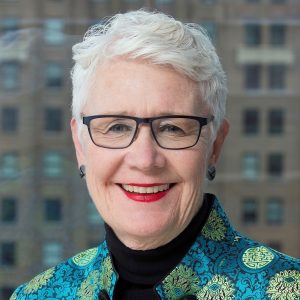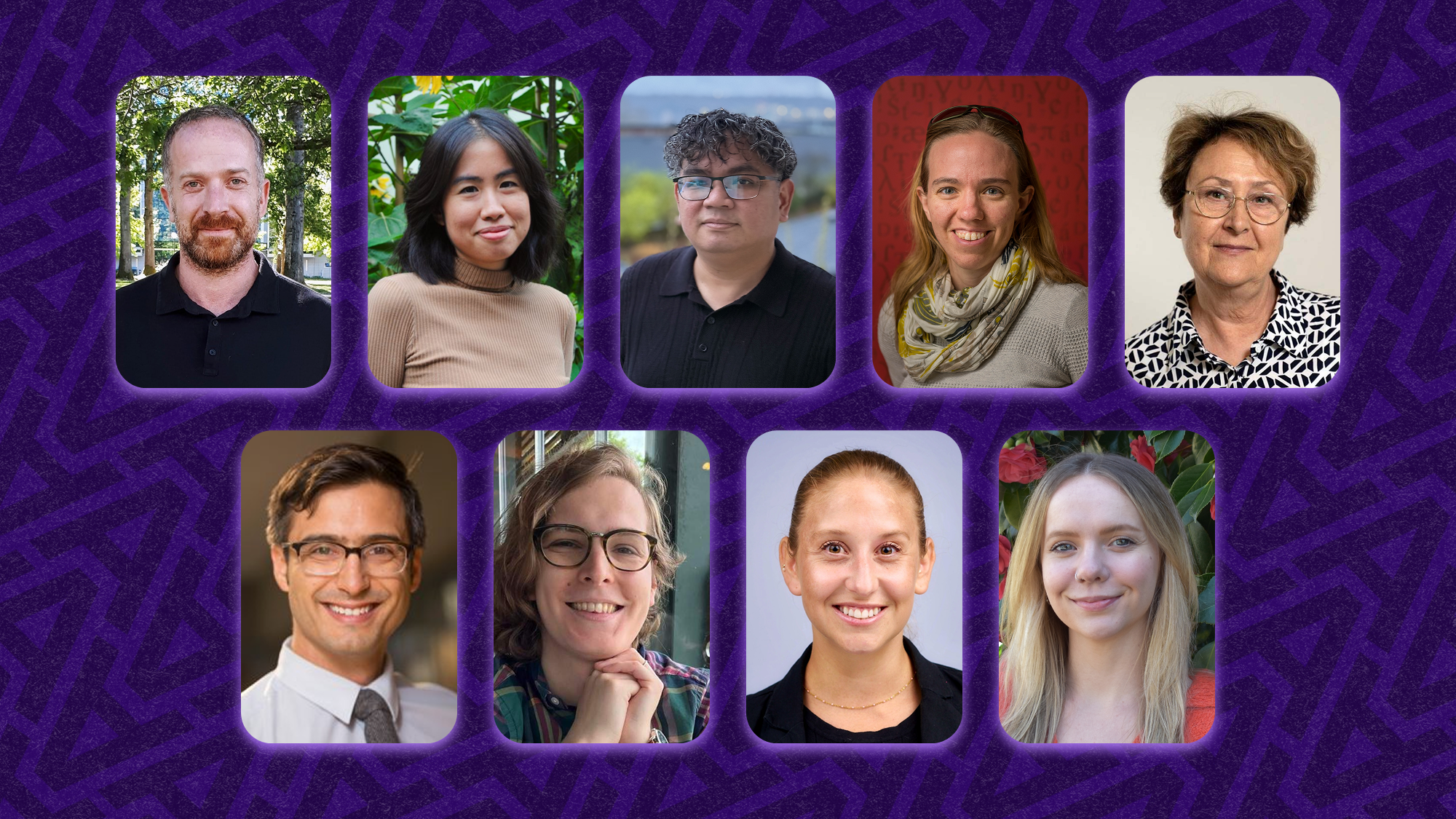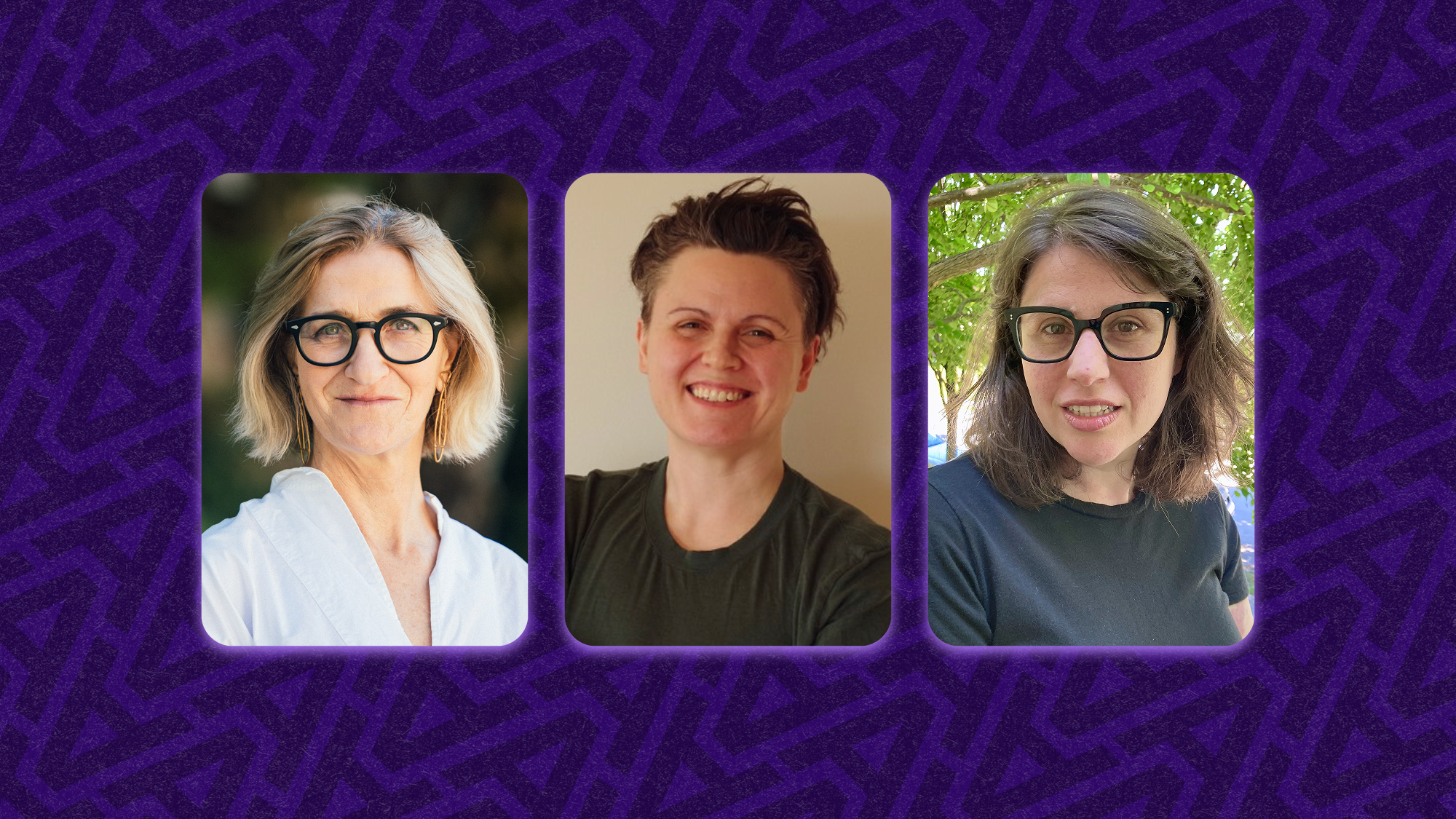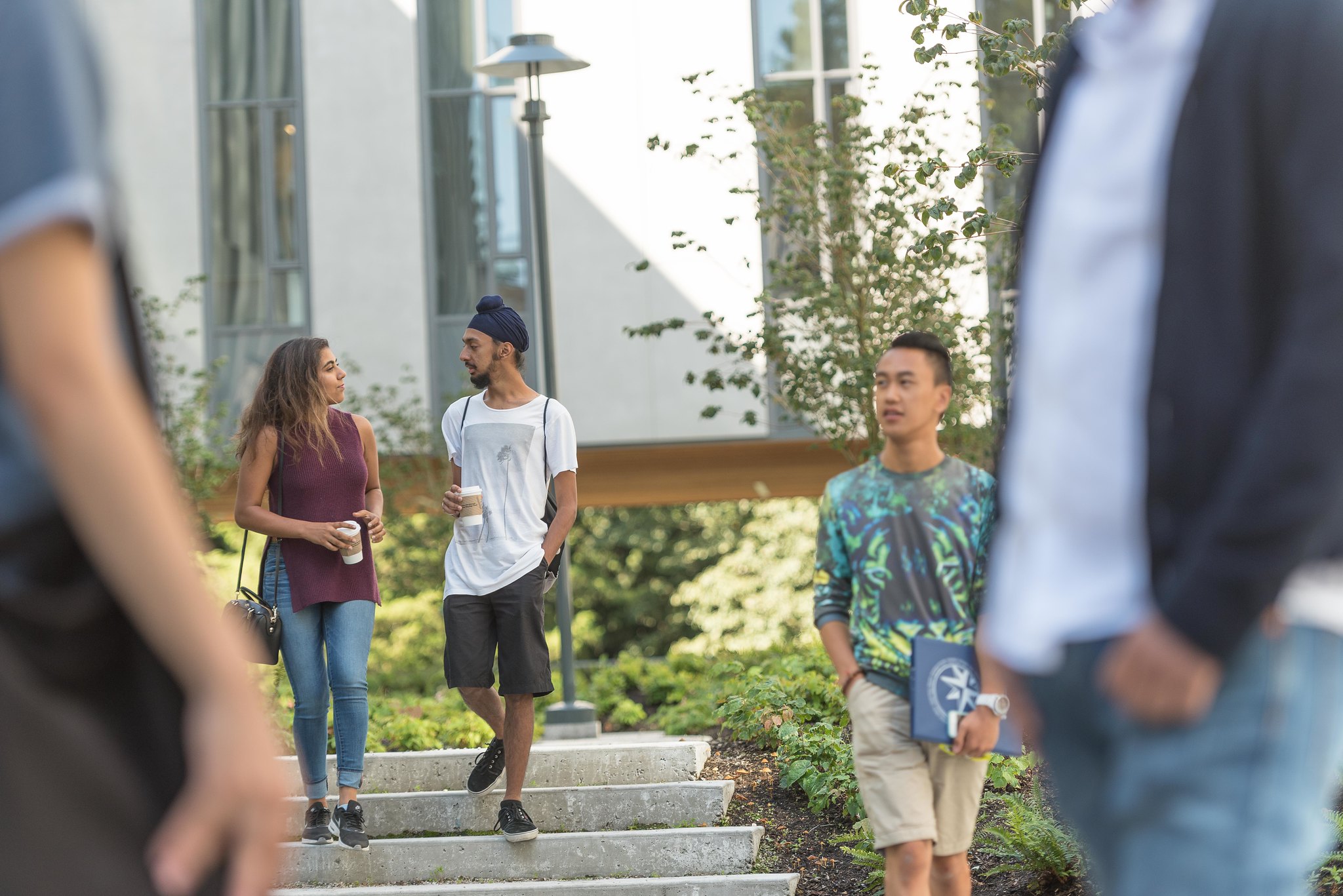

Professor Moura Quayle has been appointed Director pro term of the new Policy School
On May 31, 2017, UBC announced the launch of a new School of Public Policy and Global Affairs. As a unit within the Faculty of Arts, the Policy School will evolve with a campus-wide mandate and build upon UBC’s strengths in the study of economic and development policy, Asia, global affairs, and sustainability.
Prof. Moura Quayle, director of the newly established School of Public Policy and Global Affairs, discusses how the Policy School aims to provide a space for academics across the university to tackle global problems in partnership with government, business and civil society.
The UBC School of Public Policy and Global Affairs (“the Policy School”) will encompass the Institute of Asian Research, the Liu Institute, the Centre for the Study of Democratic Institutions and the MPPGA program. Why bring all these programs under one roof? Why now?
The Policy School will provide an “inside-UBC” portal for people interested in policy research and practice, as well as a well-publicized “external-to-UBC” portal for citizens, governments, NGOs, and the business community. We want the Policy School to be the “go-to” place for research, teaching, and practice on critical policy matters and emerging global issues.
As Director, what is your vision for the school?


“What gets me out of bed in the morning is the thought that there are opportunities for really improving our learning environments on campus [and] the potential of the Policy School to bridge the gap between the various sectors — more integration between our research and government needs.”
Our vision is that the Policy School will be shaped to meet the changing needs in changing times — building on the strengths of core disciplines in a collaborative approach that will break down barriers between them and yield innovative modes of study and policy solutions. The integration of science with social sciences and humanities is an element of that approach.
Our intent is to understand the global effects of local decisions and the local effects of global decisions. Global, regional, and local policy challenges in the near future include a vast array of topics, from understanding and engaging with the rising economic, cultural, and political powers of Asia, to meeting the development aspirations of poor nations while responding to global environmental crises, to tackling the challenges faced by Indigenous peoples especially in relation to resource extraction and defense of traditional lands and waters.
What do you hope to achieve in the next 1-3 years?
In the next 1-3 years, we’ll be reaching out to scholars from every faculty at UBC’s Vancouver and Okanagan campuses to build research, teaching and policy practice relationships. We’ll be positioning the Institute of Asian Research, the Liu Institute for Global Issues, the Canadian International Resources and Development Institute (CIRDI), and the Centre for the Study of Democratic Institutions (CSDI) as active players within the Policy School — each with their own research, engagement and convening strength. We’ll be emphasizing the opportunities to excel in knowledge mobilization and knowledge sharing.
And, we’ll be paying special attention to growing the Master of Public Policy and Global Affairs program with the best possible students, recruiting them into a spectacular and energizing learning environment.
Your interests lie in “rethinking, refining and rebuilding collaborative spaces at the intersections of academia, government, business and civil society.” What does that look like? How will the Policy School cultivate such spaces?
Most of my work at UBC has been about transformation — and that transformation has always involved a multi-sectoral approach. In the case of the Faculty of Land and Food Systems (formerly Agricultural Sciences), it was critical to engage various levels of government, the business community, alumni, and not-for-profit groups as we re-imagined what the faculty could offer. And as a result, we re-thought our undergraduate programs from a problem-based learning perspective, created new research centres, and re-framed how faculty and staff work together. Similarly, working to creating the d.studio at the Sauder School of Business required an immediate engagement with the business community to help bridge theory and practice for 3rd and 4th year Commerce students. The studio works with new and mature businesses — bringing the challenging and opportunities of bringing a human-centred approach to re-designing processes and services.
You started your academic career as an urban design and landscape architecture student. How did you end up where you are today?
I have just written a book called Designed Leadership. It basically tells the story of how I use my design mindset and skill-set in everything that I set out to do. One of the turning points in my career was when I took on the Deanship of Land and Food Systems. I had been a Director – and I thought, ‘hmmm — I am working really hard at being Director,’ but being Dean I could have more capacity to “change the world” — or at least nudge our approaches to change and transformation at the University and beyond. So what gets me out of bed in the morning is the thought that there are opportunities for really improving our learning environments on campus (more studio or team-based teaching); the potential of the Policy School to bridge the gap between the various sectors — more integration between our research and government needs; and, creating a Policy Studio at the Liu Institute that becomes a “go-to” place for all the sectors to bring their problems and opportunities for solutions as part of the Strategic Design Process.
____
The UBC Policy School celebrates its official launch on September 14, 2017 at the Liu Institute for Global Issues. More details on the event will be published on the Liu Institute website.


